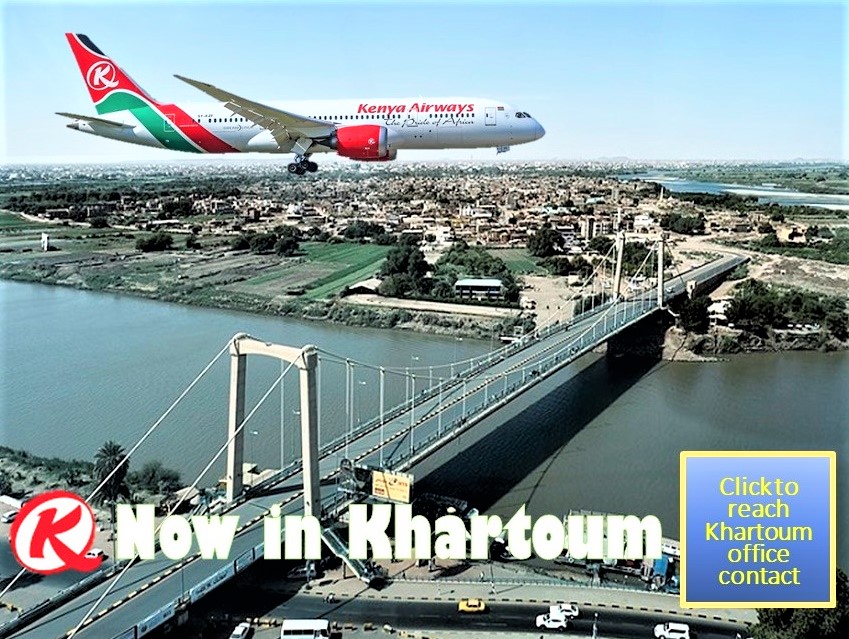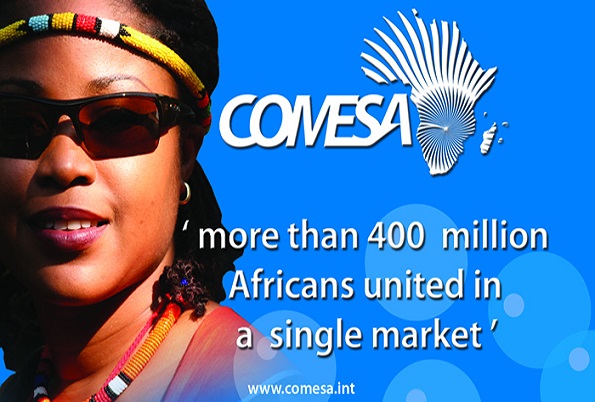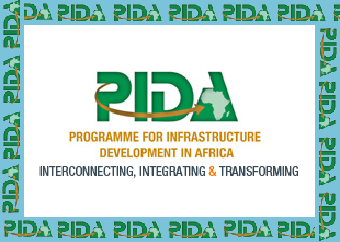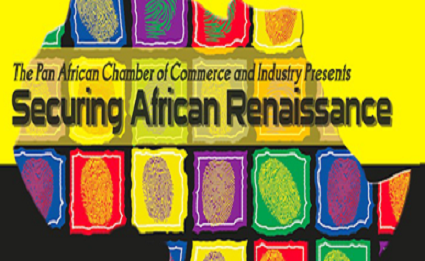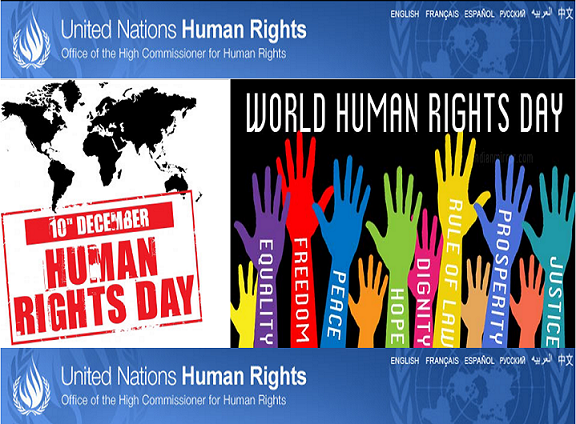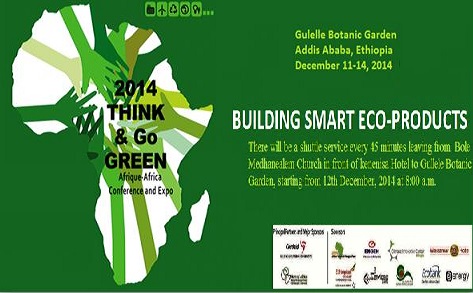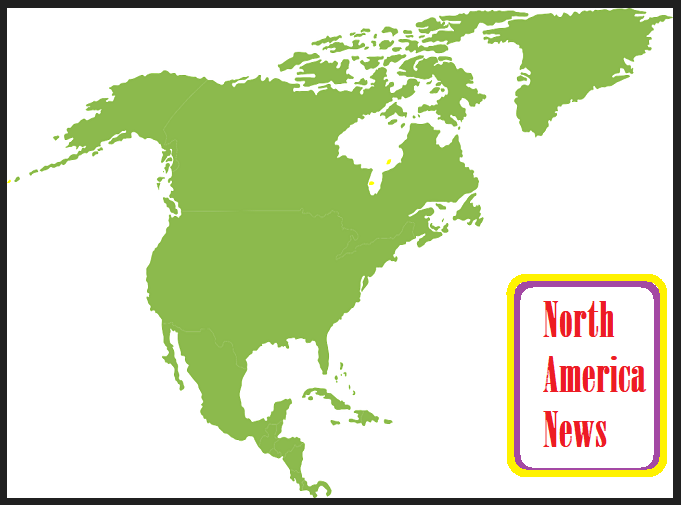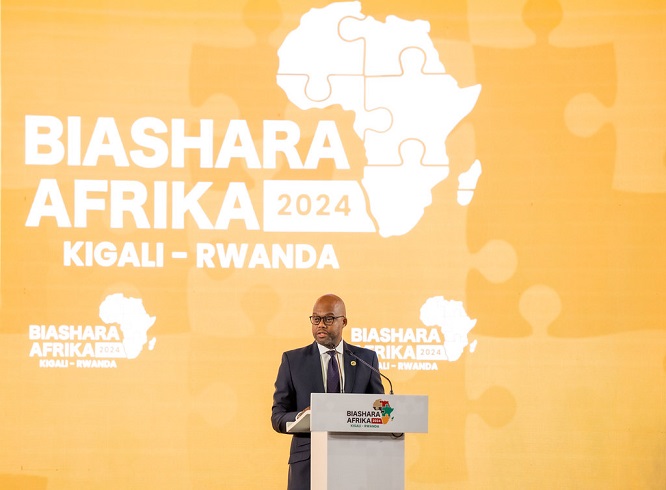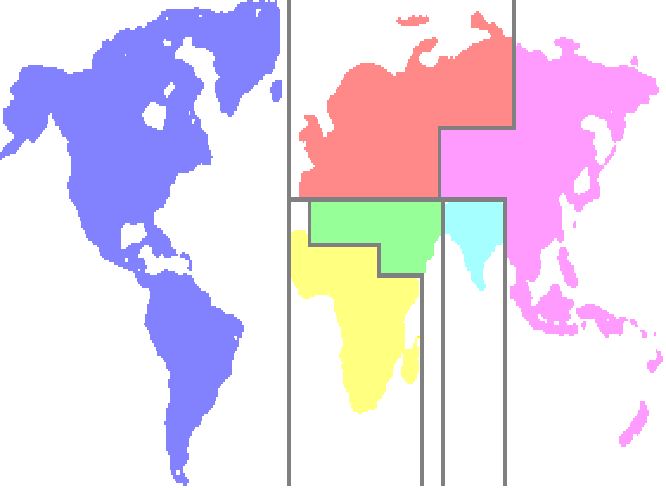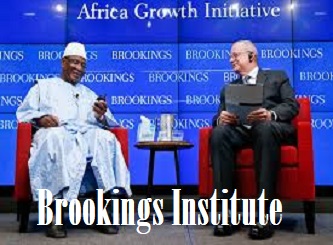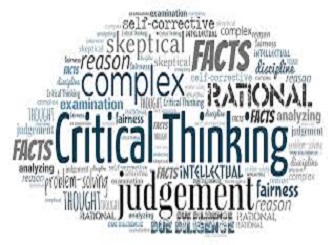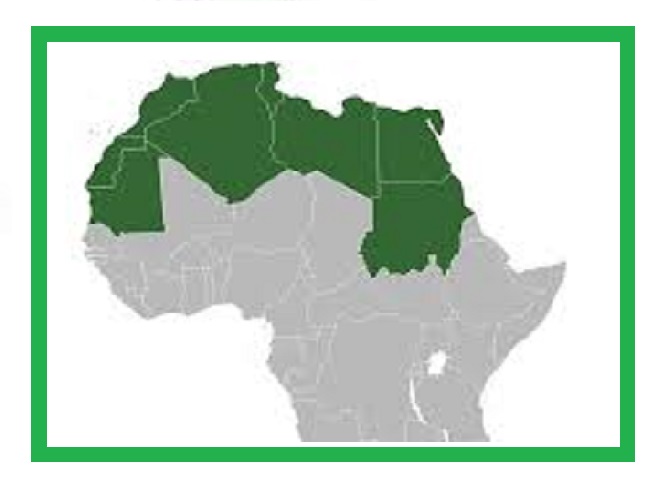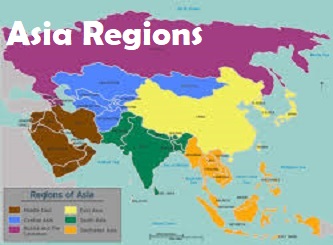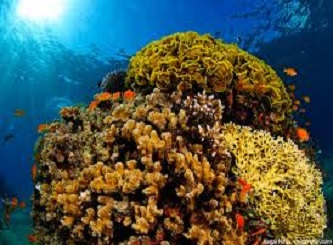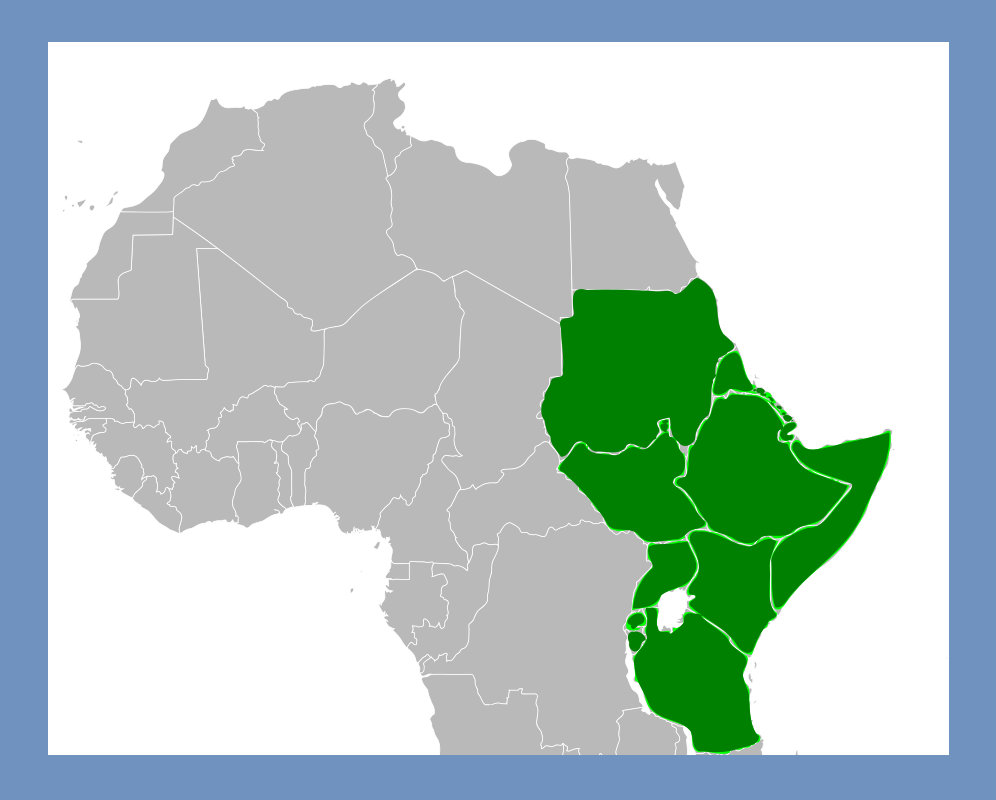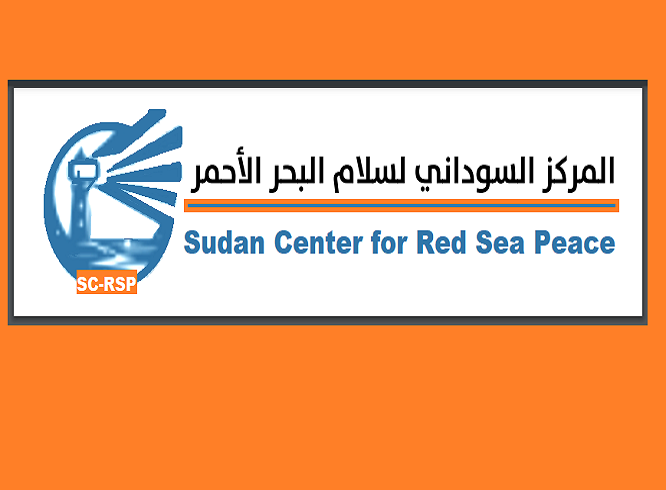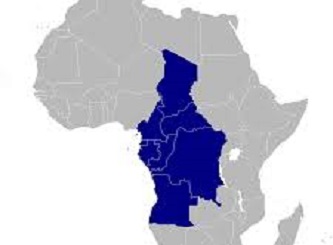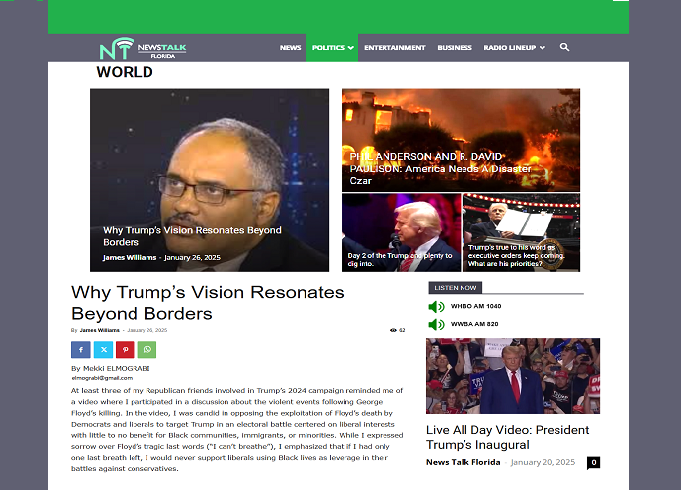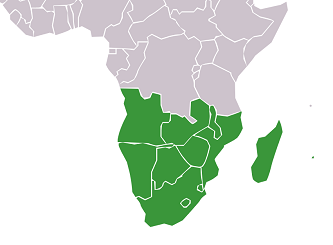South Africa Faces Growing Problems Over Its Ties To Iran, Russia, and China
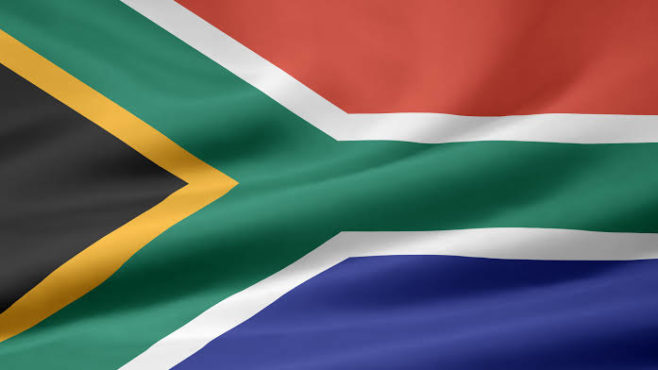
Washington, D.C., December 20, 2024 – In 2024, South Africa has found itself in the crosshair aim of the United States Congress. The 118th Congress has voiced serious concerns over the country’s increasing alignment with global powers like China, Russia, and Iran. These nations, which form the core of the BRICS alliance, have raised alarm in Washington, with some lawmakers questioning whether South Africa is compromising U.S. security interests.
Congressman John James of Michigan has been particularly outspoken. Earlier this year, he introduced H.R. 7256, a bill aimed at holding South Africa accountable for its diplomatic connections to these countries. The bill criticizes South Africa’s support for China’s Belt and Road Initiative and highlights the role of former Foreign Minister Naledi Pandor in pushing Israel’s treatment of Palestinians into the International Court of Justice (ICJ).
“South Africa is accused of threatening U.S. security by maintaining a dialogue with Iran, Russia, and China, all of which are members of the BRICS,” Lawrence Freeman explained in his article U.S. Attacks South Africa For Its Moral Leadership & China Alliance. “In H.R. 7256, Naledi Pandor, then South African Foreign Minister, is singled out.”
Freeman’s words also touched on the larger implications of South Africa’s political stance, especially in relation to its involvement with China. The bill, if passed, could lead to the country’s removal from the African Growth and Opportunity Act (AGOA), which currently grants trade benefits to eligible African nations.
In a separate letter to President Biden, six Republican congressmen pushed the president to reevaluate South Africa’s position under AGOA, particularly in light of South Africa’s decision to shut down Taiwan’s representative office in Pretoria. These congressmen believe that South Africa’s growing ties with China are a threat to U.S. national security.
“South Africa’s unmitigated embrace of the Chinese Communist Party raises further national security concerns and a present challenge,” Mr. Freeman added. “At the urging of the People’s Republic of China, South Africa is preparing to close Taiwan’s representative office in Pretoria by the end of the month.”
Why Is South Africa Being Targeted?
For South Africa, the situation is deeply rooted in its role as a leader in the BRICS alliance. As the first African nation to join this coalition, South Africa has been vocal about the need for a more equitable global order. The country’s painful history of fighting apartheid has given it the moral courage to stand up for what it believes is right, even if it means challenging powerful nations like Israel at the ICJ.
“It is not surprising that South Africa, of all nations, brought to the ICJ, the criminal oppression of the Palestinians in Gaza, by Israel,” Freeman observed, emphasizing that this was a bold and moral stance on the international stage. “Nor should one be shocked by the vile response of the U.S.-led rules-based order, to this courageous act by South Africa.”
As South Africa strengthens its alliances with China and Russia, it finds itself at the center of a broader geopolitical shift. The so-called “rules-based order” that has dominated global relations for decades is being challenged by emerging powers in the Global South. Freeman noted that the traditional dominance of the G-7 nations is on the decline, and South Africa’s leadership in BRICS and its advocacy for a more just economic system are seen as direct challenges to the existing world order.
“The so-called developed northern nations, the G-7, are experiencing the decline of their hegemony over the rest of the nations of the world,” Freeman said. “The nations of the Global South, endowed with the majority of the planet’s natural resources, including critical minerals, are beginning to assert their rightful prominence.”
A Vision for a New Economic Paradigm
For South Africa, this shift isn’t just about politics. It’s about a vision for the future—a future where nations work together to create a fairer, more just global economic system. As Naledi Pandor, South Africa’s former Foreign Minister, has said, “We should encourage a new human relation across the world; one that is devoted to empowering all human beings and ensuring that we develop a more prosperous, a more engaged, a more skilled humanity able to address the fundamental problems that confront all of us.”
As this struggle unfolds, the world watches closely, with South Africa taking a stand for the Global South while facing growing pressure from the U.S. to reconsider its alliances

